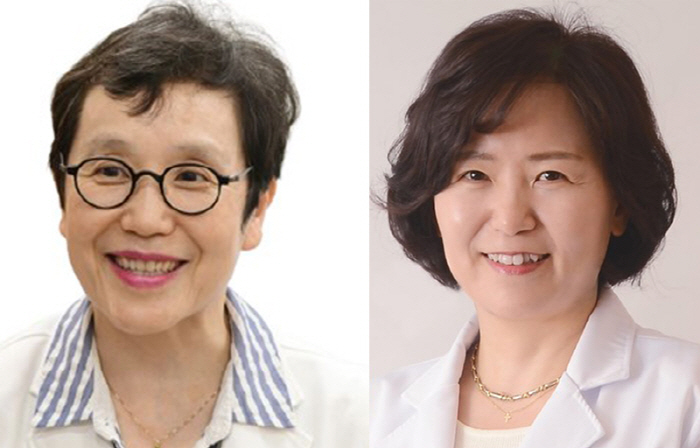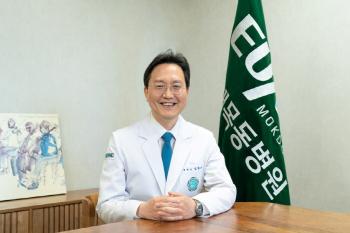Cancer screening blind spot Young sub-type gastric cancer, early diagnosis possibility opened
Apr 24, 2025
|
Since the national cancer screening system was expanded to the whole nation in the early 2000s, many patients can detect and treat gastric cancer early, and the overall prognosis is improving. However, there is an age group that has recently been pointed out as a blind spot for such gastric cancer screening. It is a young population under the age of 40. Since the current national gastric cancer screening is for those over 40 years old, it is an environment in which younger age groups are likely to miss the opportunity to detect early.
Among them, 'underdeveloped gastric cancer', which is common among young women, progresses like a spreading along the gastric mucosa, making it easy to miss even with endoscopy, and if diagnosed, the prognosis is poor, so caution is needed. With the existence of blind spots for early gastric cancer detection and overlapping the limitations of existing endoscopy, there is a growing need for a new test method that can more easily and accurately identify high-risk gastric cancer groups.
To overcome these practical limitations, Professor Kim Na-young's team conducted a study to verify how effective Pepsinogen 2 levels based on blood tests, which can be simply checked at the health examination site, are in screening gastric cancer patients. Pepsinogen 2 is a protein secreted by the gastric mucosa, and when there is inflammation or abnormality in the stomach, the level rises. The research team aimed to further increase predictive power by considering pepsinogen 2 levels and Helicobacter pylori infectivity at the same time.
The research team conducted a large-scale analysis based on data from 23,000 people who received medical checkups at Seoul National University Bundang Hospital and Seoul National University Hospital Gangnam Center from 2003 to 2022.
Cross-comparison of the subjects' blood test results and gastroscopy results showed that the blood pepsinogen 2 level was above the standard (21 ng/mL), and at the same time, the risk of developing early diffuse gastric cancer tended to increase clearly if infected with Helicobacter bacteria or had been infected in the past.
This pattern was most clearly observed, especially in women under the age of 40, and at this time, the risk of developing diffuse gastric cancer increased by up to 25.8 times compared to the general population. In other words, it means that a relatively simple blood test can effectively identify high-risk groups for early diffuse gastric cancer.
This study is meaningful in that it was the first to find out through large-scale data from Koreans that the pepsinogen test, which has been used mainly for atrophic gastritis or intestinal gastric cancer, has significant predictive power in sub-40s, especially in the blind spot for health checkups. In addition, it is expected to be highly utilized in the clinical field by further increasing prediction accuracy by combining this with Helicobacter bacteria infection.
As this study empirically suggests the possibility of using blood tests in early gastric cancer diagnosis, it is expected that the introduction of a detailed examination strategy based on the Pepsinogen 2 test and the Helicobacter bacteria antibody test will not only improve the early detection rate of gastric cancer but also contribute to resolving blind spots in the examination.
Professor Na-young Kim said, `As it is practically difficult to perform endoscopy on a regular basis for everyone, it can be a strategy to increase the efficiency of screening if the high-risk group is selected by blood test and then the endoscopy is performed selectively"It will be of practical help to those who are prone to missing in the current national cancer screening system, especially women under the age of 40, who have a lot of diffuse gastric cancer."
Meanwhile, the study was published in the latest issue of the SCI-level international journal 『Cancers" in the field of oncology and cancer prevention.
|
This article was translated by Naver AI translator.















